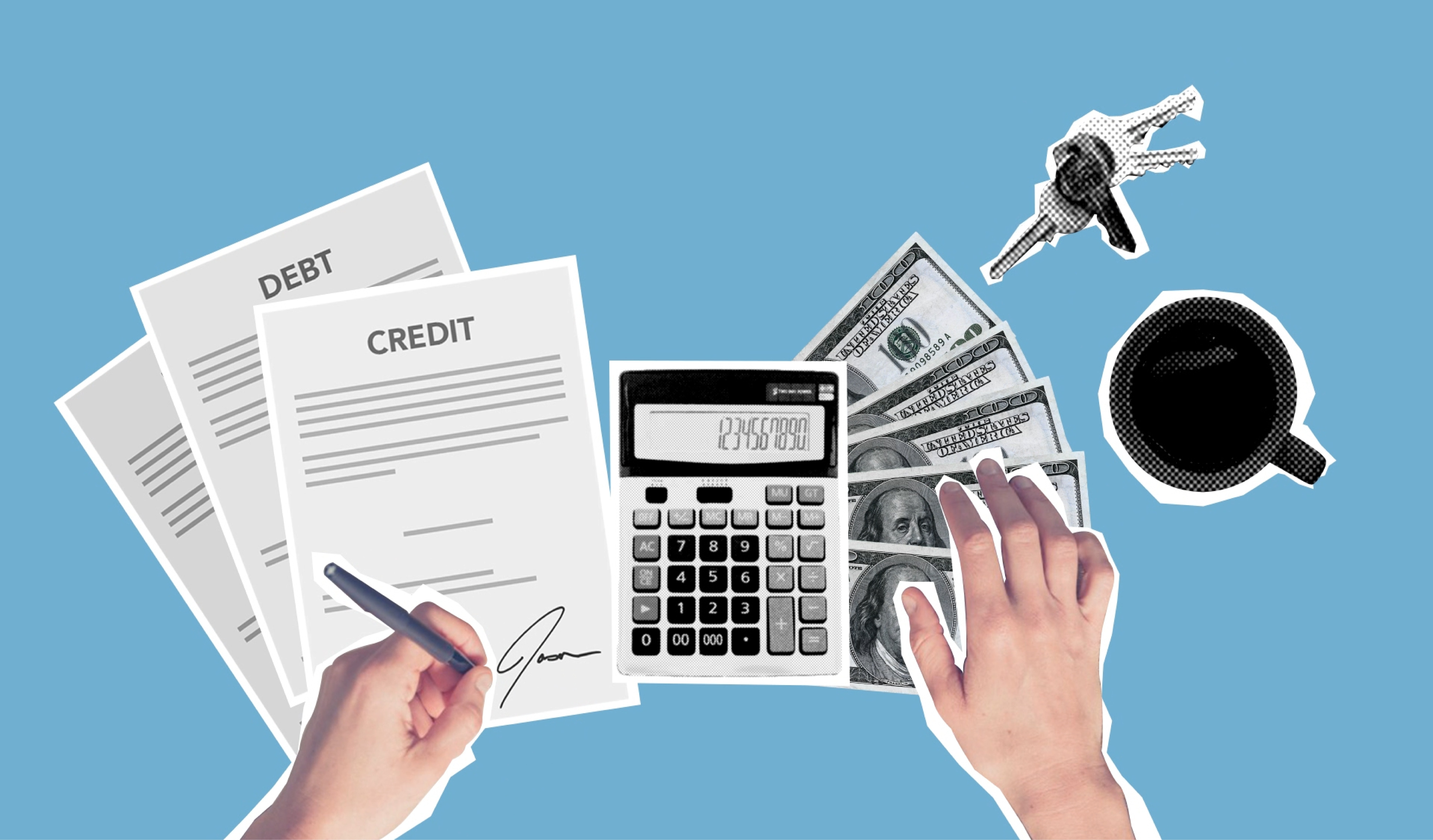Weighing the Scales: The Pros and Cons of Personal Loans
In life, financial needs often arise unexpectedly, whether it’s for a major purchase, debt consolidation, or handling unexpected expenses. When savings or credit cards can’t cover these needs, personal loans can be a viable solution. However, like any financial decision, personal loans come with both advantages and drawbacks. In this comprehensive guide, we’ll explore the pros and cons of personal loans to help you determine if borrowing is the right choice for your financial situation.
The Pros of Personal Loans
- Flexibility in Use: One of the most significant advantages of personal loans is their versatility. Borrowers can use the funds for various purposes, such as home improvement, debt consolidation, medical expenses, education costs, or even a dream vacation. There are typically no restrictions on how you can use the loan proceeds.
- Fixed Interest Rates: Personal loans often come with fixed interest rates, which means your monthly payments remain consistent throughout the loan term. This predictability makes it easier to budget and plan for repayment.
- Structured Repayment: Personal loans have predetermined repayment schedules, typically ranging from 12 to 60 months. Having a clear repayment plan helps borrowers stay on track and ensures the loan is paid off in a specific timeframe.
- No Collateral Required: Most personal loans are unsecured, meaning you don’t need to pledge collateral, like your home or car, to secure the loan. This reduces the risk of losing valuable assets in case of default.
- Quick Access to Funds: The application process for personal loans is often streamlined, and approval can be relatively fast. Some lenders offer same-day funding, making personal loans a convenient option for urgent financial needs.
- Debt Consolidation: Personal loans can be an effective tool for consolidating high-interest debts, such as credit card balances. By combining multiple debts into a single loan with a lower interest rate, borrowers can save money on interest and simplify their debt management.
- Builds Credit: Successfully managing a personal loan can have a positive impact on your credit score. Timely payments and a mix of credit types contribute to a healthy credit profile.
The Cons of Personal Loans
- Interest Costs: While personal loans offer fixed interest rates, these rates can be higher than those of secured loans, such as mortgage or auto loans. Borrowers with lower credit scores may face even higher interest rates, which can increase the overall cost of borrowing.
- Fees and Charges: Some lenders may impose origination fees, prepayment penalties, or other charges that add to the cost of the loan. It’s essential to read the loan agreement carefully to understand the full cost.
- Impact on Credit: While repaying a personal loan can positively impact your credit score, taking out a new loan results in a hard inquiry on your credit report, which can temporarily lower your score. Additionally, missing payments or defaulting on the loan can have a severe negative impact on your credit.
- Risk of Overborrowing: The ease of obtaining a personal loan can tempt borrowers to take on more debt than they can comfortably repay. Overborrowing can lead to financial stress and difficulties meeting monthly obligations.
- Potential Scams: The lending industry includes both reputable and unscrupulous lenders. It’s crucial to research and choose a trustworthy lender to avoid falling victim to scams or predatory lending practices.
- Default Consequences: Personal loans are typically unsecured, but lenders can take legal action to recover the debt if you default. This may include wage garnishment, lawsuits, or negative credit reporting.
- Shorter Repayment Terms: Personal loans often have shorter repayment terms compared to secured loans. While this can be an advantage in terms of getting out of debt faster, it also means higher monthly payments, which may strain your budget.
Is a Personal Loan Right for You?
Determining whether a personal loan is the right financial decision depends on your specific circumstances and needs. Here are some factors to consider when evaluating whether to take out a personal loan:
- Purpose: Consider the reason for borrowing. Is it for a necessary expense, such as medical bills or home repairs, or is it for discretionary spending, like a vacation? Be cautious about taking out loans for non-essential expenses.
- Budget: Assess your current financial situation and budget. Can you comfortably afford the monthly loan payments while still covering your essential expenses and saving for the future?
- Credit Score: Your credit score plays a significant role in the interest rate you’ll qualify for. If you have a lower credit score, you may face higher interest rates, which can make borrowing more expensive.
- Interest Rates: Shop around for the best interest rates and terms. Different lenders may offer varying rates, and a lower interest rate can significantly reduce the overall cost of borrowing.
- Alternative Options: Explore alternative financing options, such as a home equity loan or line of credit, if you have substantial equity in your property. These secured loans may offer lower interest rates.
- Emergency Fund: Before considering a personal loan for unexpected expenses, review your emergency fund. If you have savings set aside for emergencies, it may be more cost-effective to use those funds rather than taking on debt.
- Debt Consolidation: If you’re considering a personal loan for debt consolidation, ensure that the interest rate is lower than the rates on your existing debts. Calculate the potential savings to determine if it’s a wise financial move.
- Future Goals: Consider how taking on a personal loan aligns with your long-term financial goals. Will it hinder your ability to save for retirement, invest, or achieve other financial milestones?
- Loan Terms: Review the loan terms carefully, including the interest rate, repayment schedule, and any fees. Ensure you fully understand the cost and commitment involved in the loan.
- Financial Discipline: Reflect on your financial discipline and ability to manage debt responsibly. If you tend to overspend or have struggled with debt in the past, carefully assess your readiness to take on a personal loan.
In conclusion, personal loans can be a valuable financial tool when used responsibly and for the right reasons. They offer flexibility, quick access to funds, and the potential to consolidate high-interest debts. However, borrowers should be aware of the costs, potential risks, and the impact on their credit. Before taking out a personal loan, carefully evaluate your financial situation, consider alternative options, and choose a reputable lender to ensure that borrowing aligns with your overall financial goals.



